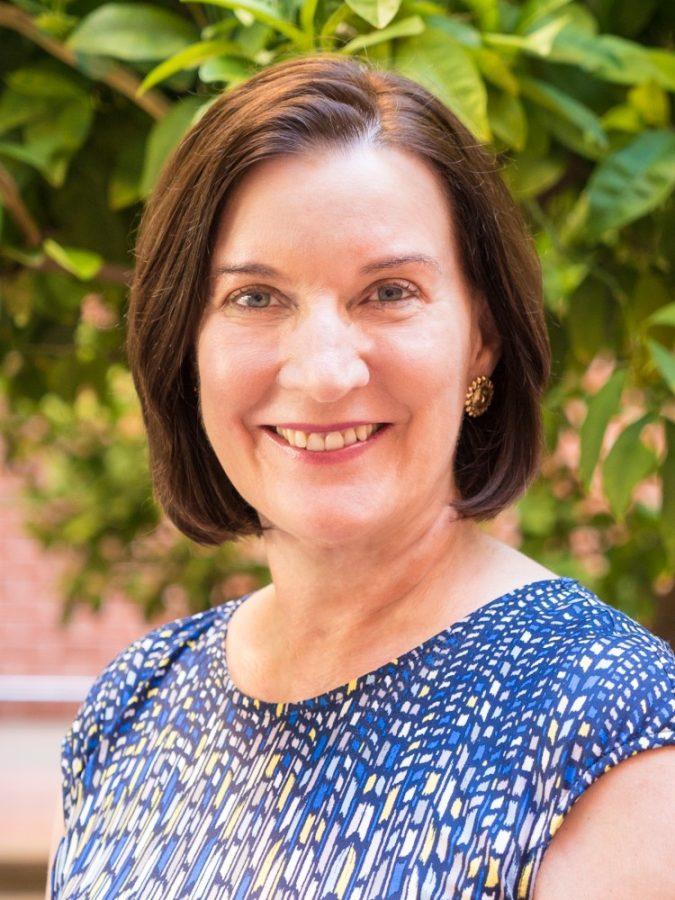Dr. Terry Badger, a University of Arizona college of nursing professor, has received a $2.5 million grant from the National Cancer Institute for her team’s research on helping cancer survivors with symptoms after their chemotherapy treatments.
“It’s wonderful, and we are very appreciative that the National Cancer Institute funded us, because this is going to allow us to move forward and take a precision approach,” Badger said. “Our research will help us distinguish which of the treatments will work best for which type of person.”
It is an outstanding accomplishment to receive such a grant, according to adjunct professor of psychology Chris Segrin who also worked on the project. He said 92 percent of grants submitted to the National Institute of Health are turned down.
RELATED: Program to boost personalized medicine receives $60 million grant
Badger’s research involves two theory-based methods to improve patients’ quality of life.
“I’ve been providing social oncology treatments for cancer survivors and their caregivers for the last 18 years,” Badger said.
Unfortunately, many cancer treatments result in hurting some patient’s health as a result.
“People are given chemicals through chemotherapy that literally attacks the cancer cells, but as they attack the cancer cells, it attacks other cells as well,” Segrin said.
According to Segrin, cancer treatments can be like giving patients poison with the hope that cancer cells are eliminated and leave the healthy cells doing well. Side effects can include depression, anxiety, fatigue and stress.
“This brings a lot of wear and tear to people psychologically; often they have to stop working. If they are parents they can’t take care of their children as well — if they’re married their relationship with their spouse isn’t as good because they’ve become terribly ill and a lot of these roles they used to be able to fulfill now have to be put aside,” Segrin said.
To fight these side effects, one of the treatments includes something called a Symptom Management and Survivorship handbook.
“We developed [the handbook], we mail it to them with lots of information where they need to have a plan to have the right surveillance that they need, looking at their diet for better nutrition and maintain a normal weight and make sure they also participate in physical activity,” said Badger.
Another more intensive practice combines the Symptom Management and Survivorship handbook and a telephone interpersonal counseling intervention for managing depressive symptoms on a weekly basis for 12 weeks.
With this sort of treatment, patients can be guided and can precisely determine the dosage and frequency of the treatments they will need.
RELATED: UA Flandrau Planetarium gets audiences’ feet wet on World Oceans Day
“Before they start getting an intervention from us, they spend almost a whole hour on the phone with us just providing answers to questions, we ask literally over 100 different questions that are about their mental health, physical health, the type of cancer they have, the type of symptoms they are experiencing,” Segrin said.
Instead of the more traditional setting where patients drive to a clinic for an appointment, patients can choose Badger’s treatment, and according to Segrin, “patients receive considerately more attention than they probably would with the standard of practice with just a regular physician they would see face-to-face.”
Badger and her team look to make this available so that survivors can learn about depression, anxiety, stress or any symptom patients may experience.
Follow Victor Garcia on Twitter









